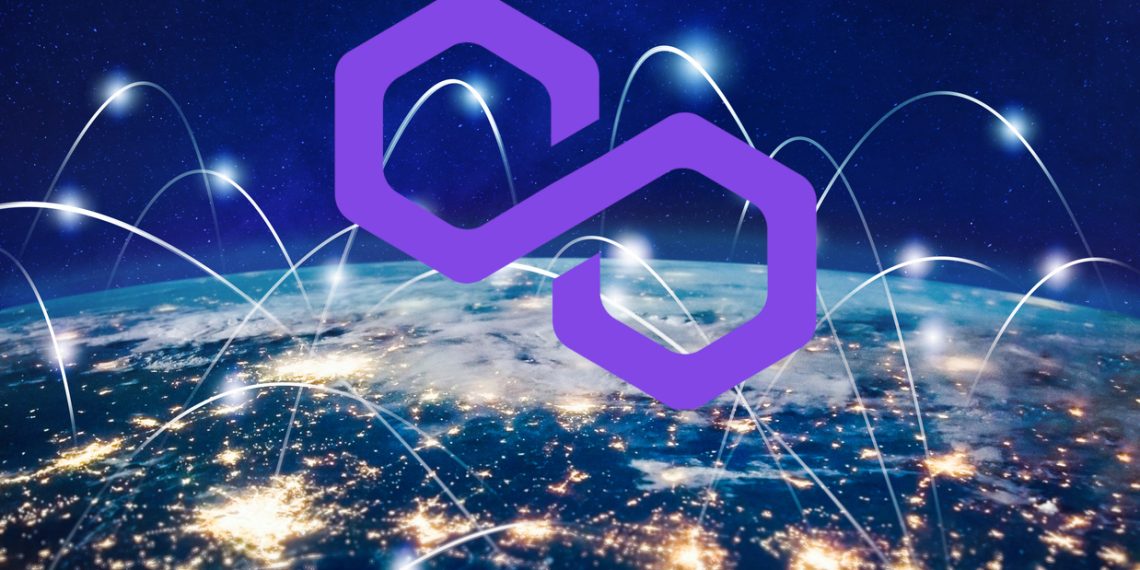Polygon recently released its zk-STARK Miden Virtual Machine that is to improve the validation process for decentralised applications on its network.
Polygon introducing zk-STARK scaling solution
Polygon, a layer-two scaling solution for Ethereum, made headlines earlier this year when it launched its own sidechain on top of the Ethereum mainchain. As a result, the price of its MATIC token surged, as did the number of users on Polygon, which was widely tipped to be the main contender to alleviating Ethereum’s scaling problems. However, when the hype died down, it turned out that the Polygon sidechain was not all that it was made out to be, and these days, Ethereum is as congested as ever.
Now, though, Polygon may be back with a more sustainable long-term solution, one that Vitalik Buterin personally favours when it comes to scaling Ethereum. The project recently announced Polygon Miden, its zk-STARK-powered virtual machine that aims to improve scalability by focusing on the validation process for transactions.
zk-STARK (zero-knowledge Scalable Transparent Argument of Knowledge) validation allows verifying a transaction without holding the private information this transaction contains. STARK plays a key role, as it allows for algorithmic obfuscation, proof, and verification of the data the transaction contains and would, if proven to work at scale, open a whole new set of applications to the decentralised finance space. For instance, sensitive information like passport copies could finally be redacted and stored on digital ledgers, and nodes would be able to validate transactions without coming in contact with the private data of users. This would, in turn, allow establishing trust for decentralised finance, as well as improve the computational performance of protocols operating in the space.
Polygon bullish on zk-rollups
zk-rollups have long been seen as the holy grail to Ethereum scaling, so, unsurprisingly, Polygon founders agree with Buterin as to how big this announcement could possibly be for the space:
“ZK is the way ahead for Ethereum and Miden VM is one of the most important elements in Polygon’s roadmap for Ethereum scalability. It will simplify and accelerate validation for DeFi apps and cryptocurrencies — enhancing the speed and scale of the Polygon ecosystem.”
Polygon had already committed itself to becoming the zk-powerhouse on Ethereum prior to the launch of Miden. The company said as much in a Twitter thread, where it announced a $1.2 billion AUD fund for zk-based solutions. Besides Miden, Polygon is also working on Polygon Hermez, a zk-based Ethereum Virtual Machine, and Polygon Nightfall, another zk-solution. Bobbin Threadbare, a former Facebook lead on zk-rollup research and creator of Winterfell, a highly-performant STARK prover, is leading Miden development, giving Polygon good reason to be optimistic about its solution.
If zk-rollups eventually do turn out to work as well as hoped for, they could well be the catalyst for fulfilling the prediction of Polygon’s co-founder, who expects Ethereum to eventually overtake Bitcoin. Although that is not on the cards any time soon, zk-rollups are the most promising scaling solution Ethereum has developed so far and should be on everyone’s radar moving into 2022.












